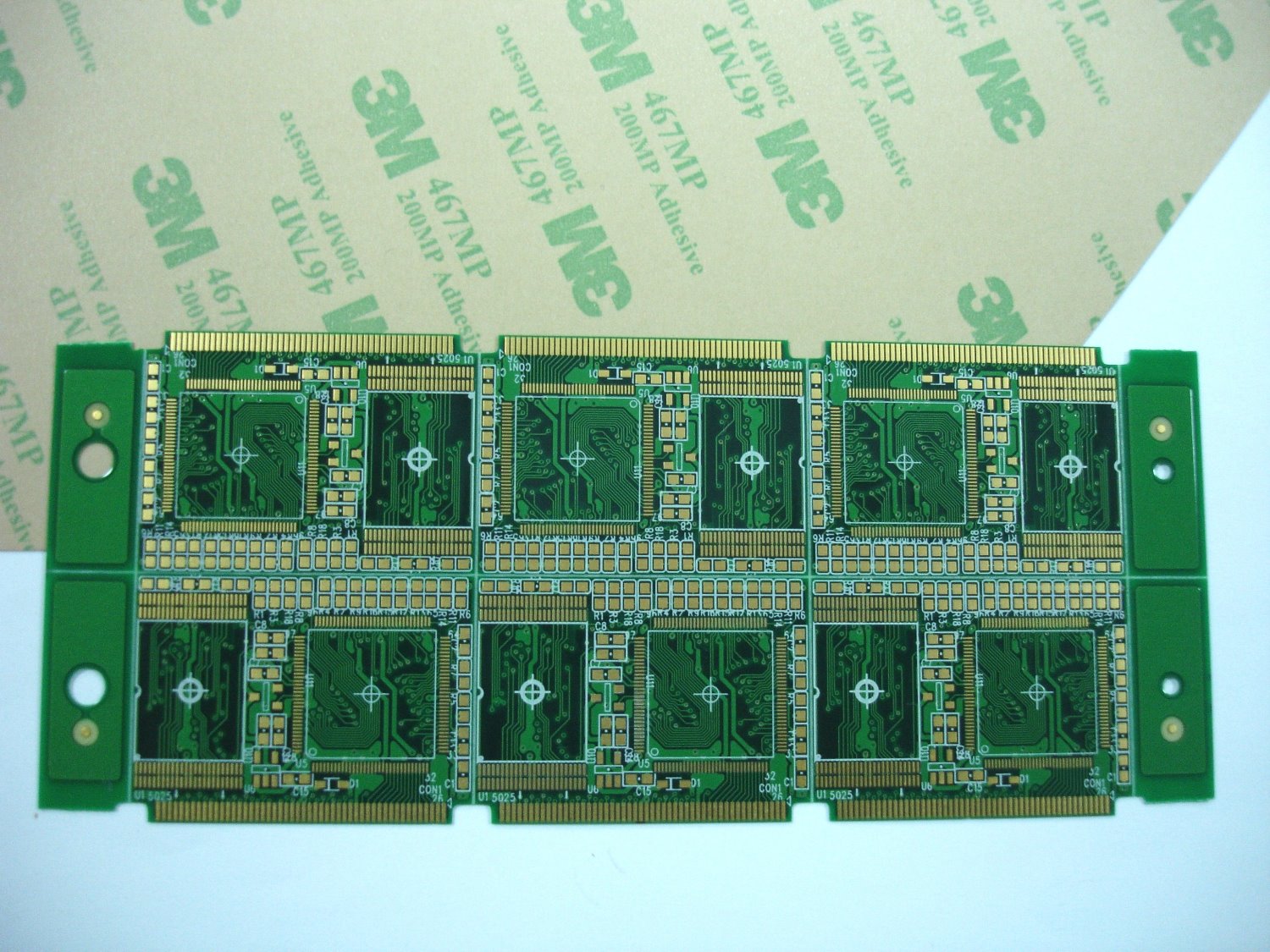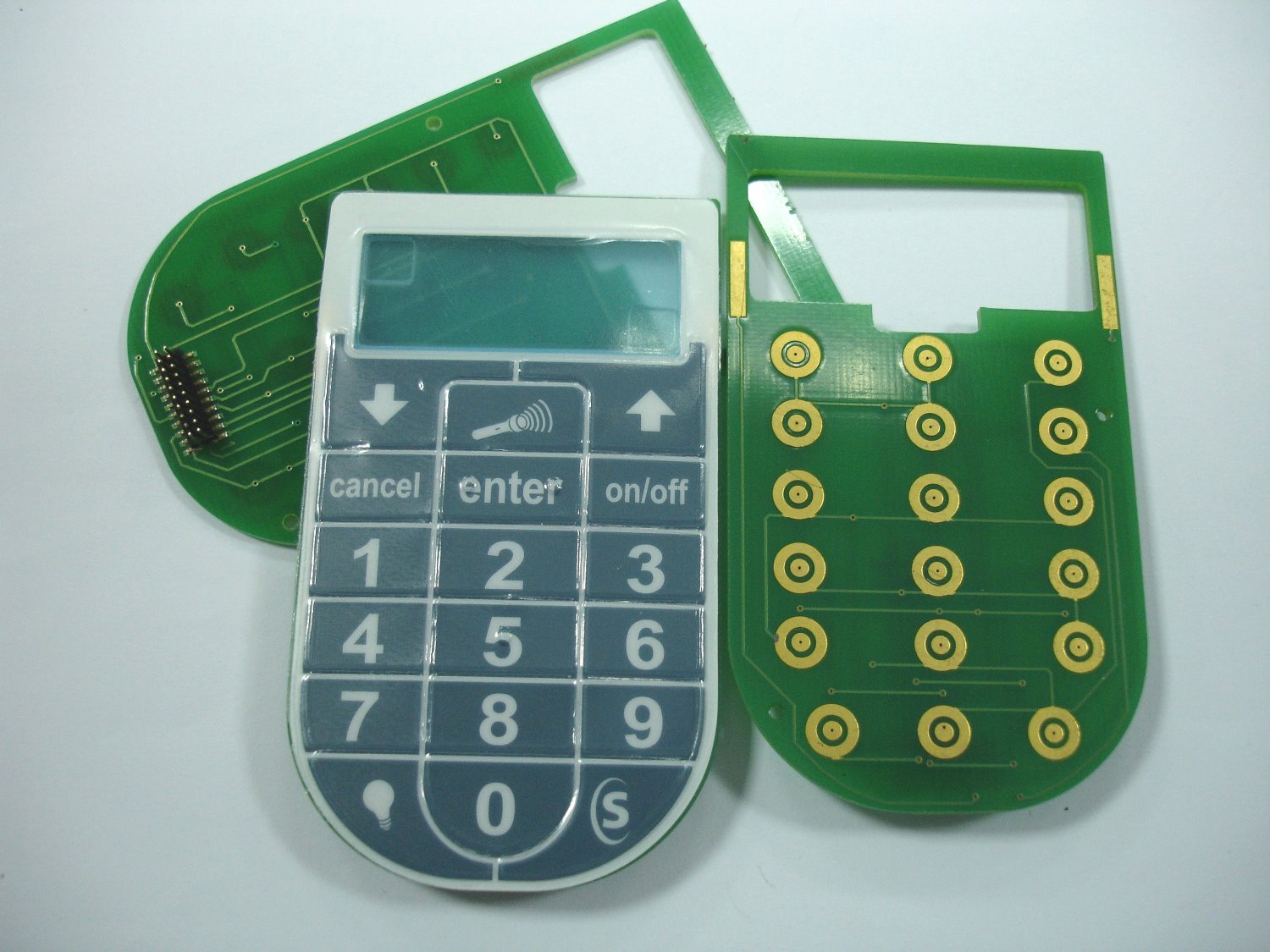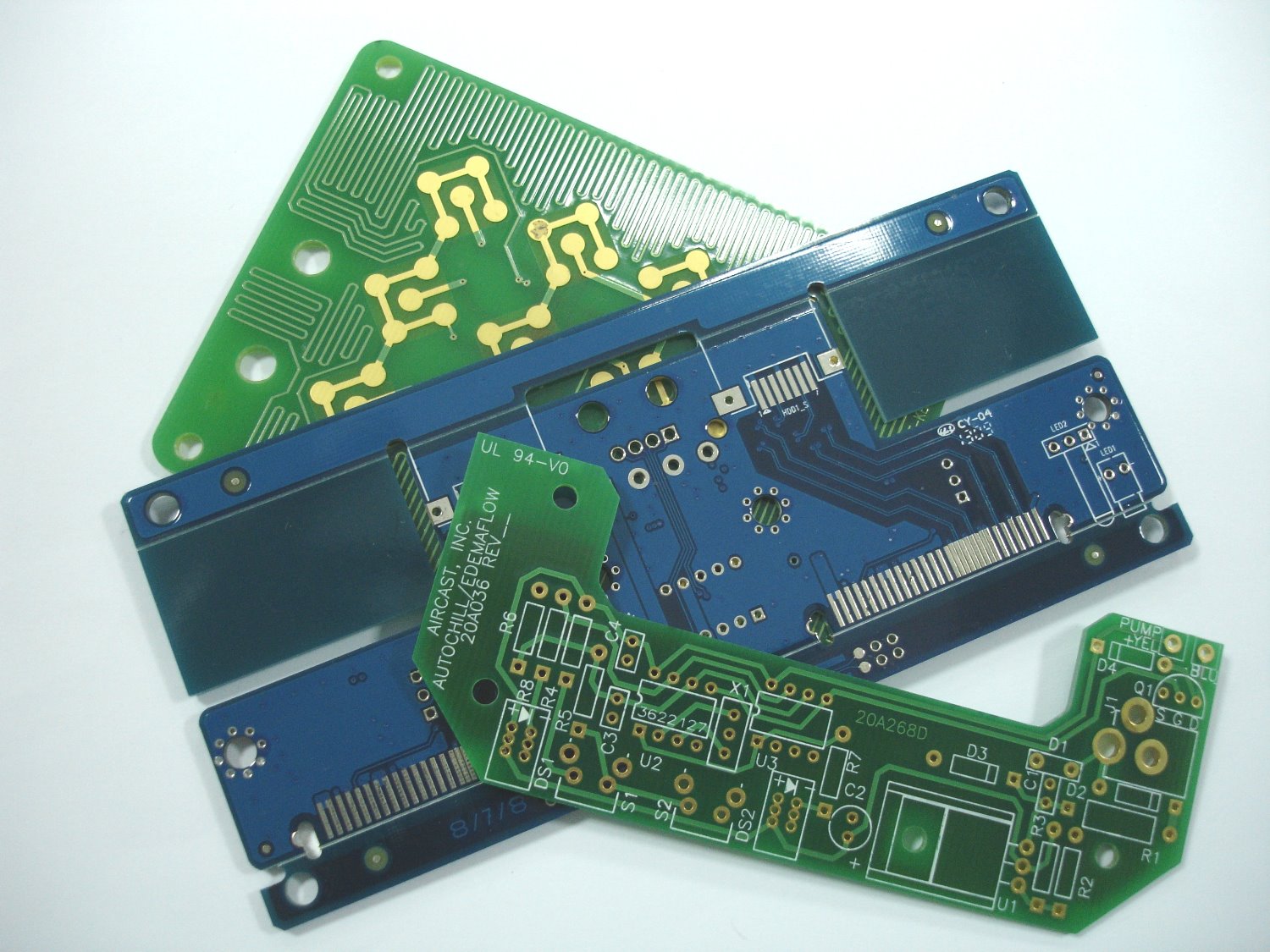We always thought that PCB was just a component in electronic products, but we never thought about whether it would cause harm to human body. PCB was discovered in the 19th century. At that time, cars began to be widely used, and people's demand for gasoline increased. Gasoline is refined from crude oil. During the refining process, a large amount of chemicals such as benzene are released. When benzene is heated, if chlorine is added, a new chemical will be produced, called polychlorinated biphenyls (PCB). So far, there are 209 related substances in PCBs, which are numbered differently according to the amount of chloride ions contained and the locations where they are inserted.

PCB properties and uses
PCB is an industrial chemical with the following properties:
1. Strong heat transfer, but not electricity, 2. Insoluble in water, is a fat-soluble substance. 3. Not easy to burn. 4. Stable in nature without chemical changes. Based on the above properties, the industry first regarded PCB as a godsend treasure, which is widely used as a dielectric, placed in electronic equipment such as capacitors and transformers, or as a heat exchange fluid to regulate the operating temperature of the instrument.

In the early stage of PCB production, people did not know that PCBs were toxic and did not take precautions. At the same time, a large amount of PCB waste was dumped into the ocean until the workers in the industry who started to produce PCBs became ill, and environmental scientists discovered that PCBs were found in marine organisms. At that time, people started to pay attention to the problems caused by PCB.
The ingested PCB is mainly stored in human adipose tissue and can be passed to the fetus through the placenta during pregnancy and also released into human milk.

Impact of PCB on the human body
Eyes redness and discomfort, increased secretions
Liver and kidney
Nervous system response, hand and foot paralysis, tremor, memory loss, and mental retardation
Skin causes acne, redness, and pigmentation
Reproductive function Interferes with hormone secretion and reduces adult reproductive ability. Newborn babies are susceptible to birth defects and slower growth in the future.
Carcinogenic especially liver cancer. The International Organization for Cancer Research has listed PCBs as a possible carcinogen
The pollution of PCB is a bad result accumulated over the years. It can be said that it is global. Almost all food is contaminated to some extent, which is really difficult to completely avoid. What we can do is pay attention to the food we eat, increase our awareness and concern about environmental protection, and hope that policy makers can be appropriately controlled.


